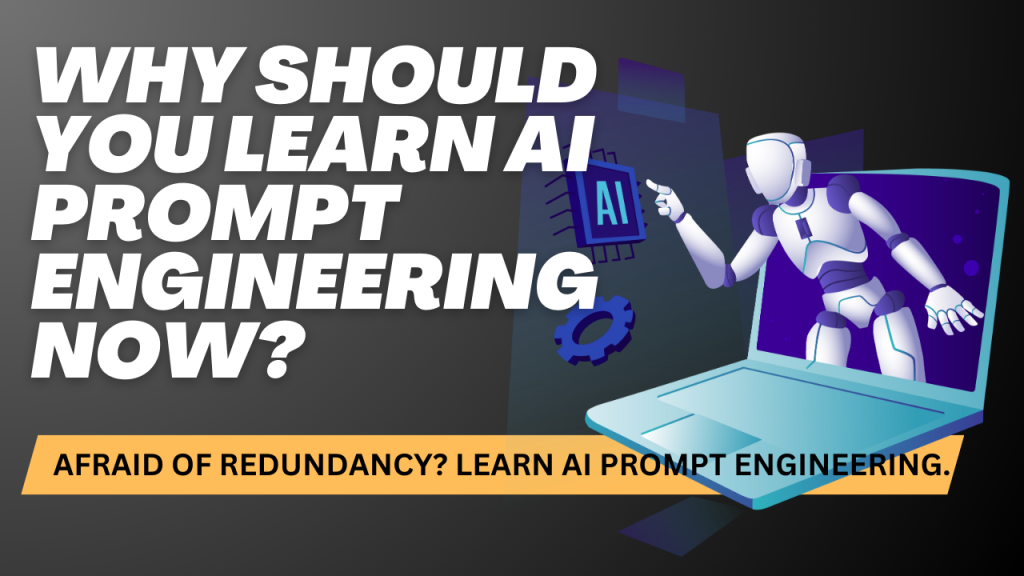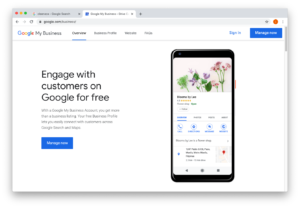AI Prompt Engineering might sound like a buzzword, but it’s quickly becoming a vital skill in today’s workplace. You may be skeptical, thinking it’s just another trend that will fade away. After all, you’ve seen countless technologies come and go, with little impact on your day-to-day work. But here’s the reality: AI is not just another passing trend—it’s transforming industries at an unprecedented rate. And AI Prompt Engineering is your ticket to staying relevant in this rapidly changing landscape.
You might worry that this new skill is too complex, something only tech experts need to understand. But the truth is, AI Prompt Engineering is accessible to anyone, regardless of their technical background. It’s not about writing code; it’s about learning how to communicate effectively with AI to get the results you want. This skill can make your job easier, not harder, and the best part is that you can start learning it today. Now is the time to embrace this change and position yourself as a leader in the AI-driven future.
The Rise of AI in the Workplace
Imagine arriving at work and discovering that AI now handles many of your routine tasks. It might sound like science fiction, but this is quickly becoming our reality. AI is rapidly changing work processes, taking over tasks like writing reports and managing customer inquiries. However, AI needs clear instructions to function properly. This is where AI Prompt Engineering becomes essential, bridging the gap between what we want and how AI performs.
Google recently acquired a tool called Prompt Poet, highlighting the growing importance of AI Prompt Engineering. Prompt Poet crafts precise prompts that guide AI to produce better, more accurate results. By investing in this tool, Google signals that the future of work depends on effective communication with AI. Learning AI Prompt Engineering is not just a smart move; it’s crucial for staying ahead in today’s evolving workplace.
As AI spreads across industries, the ability to craft effective prompts will become a key skill. It’s not just about instructing machines; it’s about interacting with these powerful tools to maximize their potential. By learning AI Prompt Engineering now, you position yourself to thrive in a future where AI is as common as laptops or smartphones.
The Benefits of AI Prompt Engineering
Learning AI Prompt Engineering offers a range of benefits that can significantly boost your career. First and foremost, it enables you to work more efficiently. For example, imagine having AI handle the mundane tasks that usually consume your day, such as sorting emails or drafting reports. With the right prompts, AI can quickly and accurately take care of these tasks, allowing you to focus on more strategic work.
Furthermore, Google’s investment in Prompt Poet underscores the growing value of this skill. Companies are increasingly recognizing that the more effectively they can leverage AI, the more competitive they’ll be. Moreover, the key to using AI effectively lies in crafting the right prompts. By mastering AI Prompt Engineering, you become an essential asset to your organization, capable of driving both innovation and efficiency. This skill not only makes you more productive but also makes you indispensable.
Additionally, AI Prompting opens doors to new opportunities. As AI becomes more integral to business operations, companies will increasingly seek out employees who can guide these tools effectively. By getting ahead of the curve and learning AI Prompt Engineering now, you set yourself apart from your peers. Consequently, you become the person who can unlock AI’s full potential, making you a valuable candidate for promotions and new roles.
How to Start Learning AI Prompt Engineering
So, how do you get started with AI Prompt Engineering? The good news is that you don’t need to be a tech expert to begin. There are many resources available online that can help you understand the basics. Start by exploring free courses or tutorials that introduce you to the concepts of prompt engineering. These courses often break down the process into simple, digestible steps, making it easy for anyone to learn.
Another great way to learn is by practicing with the AI tools you already use. For instance, if you use a virtual assistant like Siri or Alexa, try giving it different prompts and observe how it responds. Experiment with how changing the wording affects the outcome. This hands-on experience will help you understand the nuances of Prompt Engineering and how small changes can lead to big differences in AI performance.
Don’t forget to take advantage of platforms offering trial versions of advanced AI tools. These allow you to practice crafting prompts in real-world scenarios without committing to expensive software right away. As you become more comfortable, you can start using these skills in your everyday work, improving your productivity and showcasing your new expertise. Remember, the sooner you start learning AI Prompt Engineering, the more prepared you’ll be to navigate the AI-driven future of work.
Conclusion
The rise of AI in the workplace is undeniable, and with it comes the need for new skills like AI Prompt Engineering. Google’s acquisition of Prompt Poet highlights just how crucial this skill is becoming. By learning Prompt Engineering, you can boost your productivity, unlock new career opportunities, and stay ahead in a rapidly changing job market. Don’t wait until it’s too late—start learning now and secure your place in the AI-powered future of work.






































